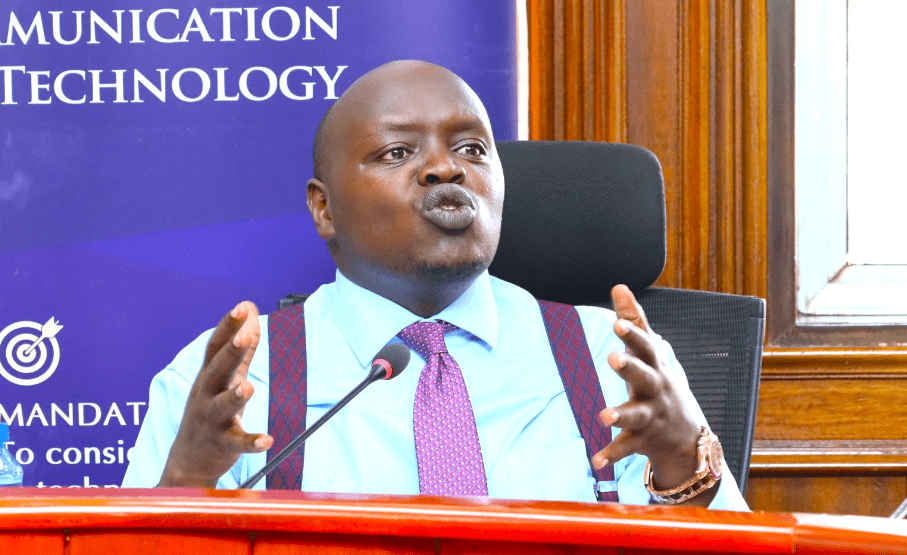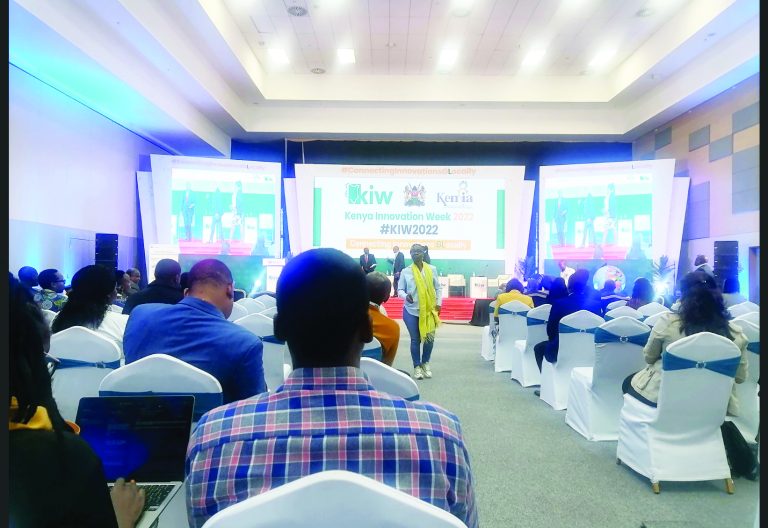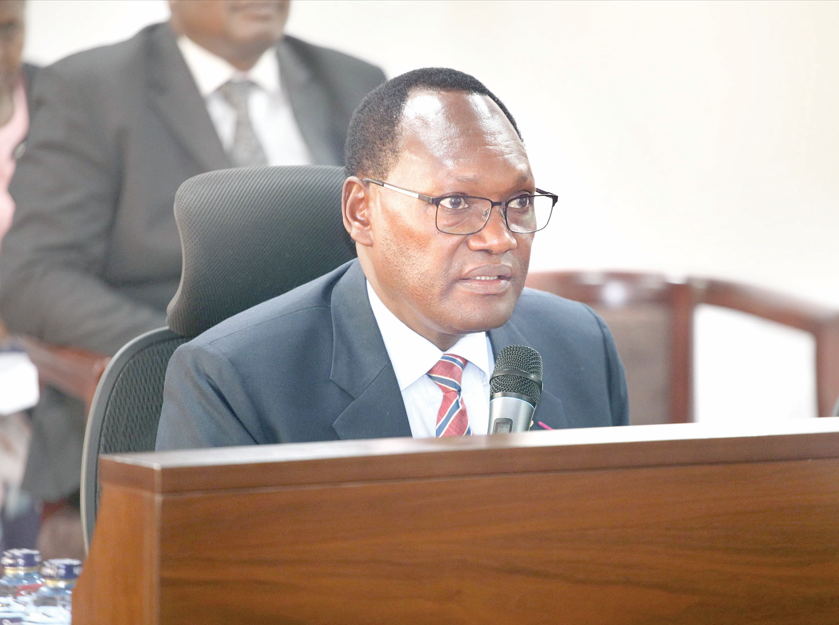Prepare public sector for digital-first future

Public sector is at a turning point as digital transformation reshapes everyday life. With Artificial Intelligence (AI) advancing rapidly, the government faces the challenge of leveraging these technologies while balancing citizen needs and budget constraints.
The digital economy is expected to contribute Sh662 billion to the GDP by 2028, fuelled by policy reforms and infrastructure investments, making now the ideal time for strategic action.
While much focus is on equipping the youth with digital skills, it is equally important to invest in mid-career and continuous skills development within the public sector. Government agencies are the backbone of national service delivery, and ensuring public servants are technologically proficient is key to building a truly digital society.
Strengthening digital skills in the public sector enhances the accessibility, efficiency, and security of government services. Many public services are now available online, such as Kenya Power and Lighting Company’s integration with M-Pesa, which has simplified electricity bill payments for both prepaid and postpaid customers. A tech-savvy workforce can better implement and manage such innovations, improving service delivery for all Kenyans.
However, as digital adoption accelerates, so do cybersecurity risks, making ongoing training and awareness more critical than ever. Globally, cyberattacks on government infrastructure have escalated dramatically. According to the World Economic Forum’s Global Cybersecurity Outlook 2025, geopolitical tensions, emerging technologies and sophisticated cybercrime are compounding the complexity of the cybersecurity landscape.
Between July 2022 and June 2023, the National Kenya Computer Incident Response Team Coordination Centre (National KE-CIRT/CC) detected more than 855 million cyber threats targeting Kenyan critical information infrastructure. This places Kenya among the top three most targeted countries in the region, alongside South Africa and Nigeria. Across Africa, 36 per cent of respondents lack confidence in their country’s ability to respond to major cyber incidents targeting critical infrastructure, compared to 15 per cent in Europe and North America.
This disparity underscores the urgent need for robust cybersecurity measures and skilled professionals to implement them. Over the past few years, AI has completely changed the battleground for both cybercriminals and defenders. The 2024 Cyber Signals report reveals the alarming trend of nation-state threat actors harnessing generative AI for malicious purposes.
In recent years, the speed, scale, and sophistication of attacks has increased alongside the rapid development and adoption of AI.
Public sector officials are at the frontline of defending national infrastructure against cyber threats. Upskilling this group in cybersecurity technical skills is therefore crucial – skilled officials can better identify, respond to, and mitigate cyber threats, bolstering the resilience of public infrastructure.
Public-private partnerships (PPPs) are invaluable in helping governments a realize their goal of developing strong tech competencies within the public sector. The private sector often possesses advanced technologies and expertise that can be leveraged to train public sector officials. PPPs facilitate the exchange of innovative solutions and best practices, ensuring that public sector officials are equipped with the latest cybersecurity tools and techniques.
In Kenya, the National Computer and Cybercrimes Coordination Committee (NC4) is coordinating national cybersecurity efforts to ensure timely and effective detection, prevention and prosecution of computer misuse and cybercrimes, supporting the Kenya Digital Masterplan goals.
The Public Service Commission (PSC) of Kenya has implemented several initiatives to develop cybersecurity skills among public servants, partnering with technology companies to drive citizen skilling and support AI and cybersecurity policy development. These partnerships leverage platforms such as the Ajira program and Jitume centres for training.
Microsoft has emerged as a key partner in Kenya’s digital transformation journey, driving several initiatives that align with the national Digital Masterplan. In collaboration with the Ministry of ICT and the United Nations Development Programme (UNDP), Microsoft established the Africa Centre of Competence for Digital and AI Skilling at the Kenya School of Government in Nairobi. It aims to train over 300,000 public servants in critical areas like systems thinking, human-centred problem solving, and strategic foresight, directly supporting the government’s goal of enhancing digital literacy among its workforce.
The company has committed to training 1 million Kenyans in AI and cybersecurity skills through its AI National Skilling Initiative (AINSI), which aligns with the government’s broader commitment to train 20 million citizens in digital skills by 2032. This initiative includes platforms like the Kenya Skills Hub and Smart Academy, which provide accessible learning opportunities across the country.
As Kenya strides into the digital age, the path forward requires collaboration. Together, we can unlock Kenya’s full potential, ensuring that our nation not only participates in but leads the global digital transformation while addressing our unique challenges and opportunities.
Winnie Karanu is the AI National Skills Director, Microsoft Africa.















